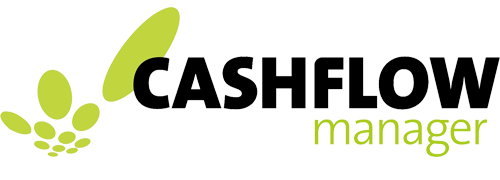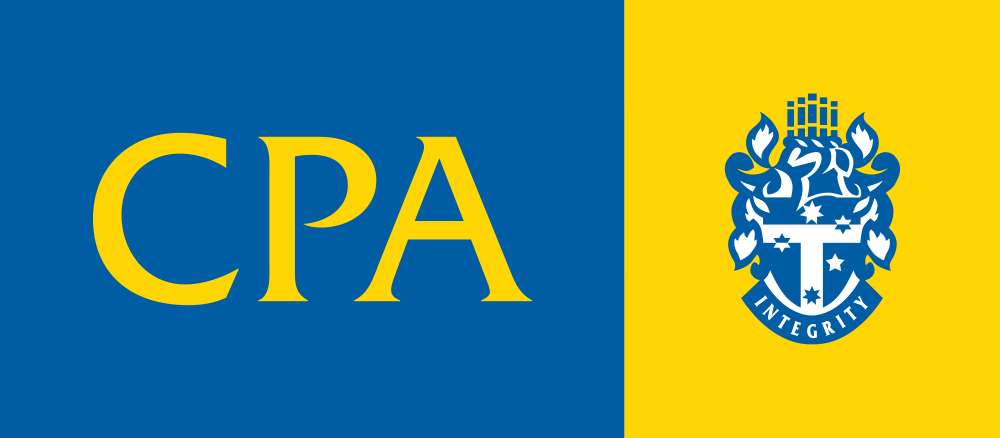The explosion of OnlyFans, YouTubers, TikTokers and others all offer an opportunity for ‘content creators’ to profit from the audiences they generate. But now the Tax Office has given notice to the booming industry.
Back in October 2022, OnlyFans CEO Ami Gan announced that the platform had reached a milestone - paying out $10 billion to content creators since its launch in 2016. While known for its adult content, the OnlyFans CEO intends to broaden the platform’s scope and provide a means for other content creators – chefs, personal trainers, etc – to utilise its subscription and reward model to generate income. While there are plenty of stories of content creators generating large incomes from the platform like Perth creator Lucy Banks who told Channel 7 she earnt $60,000 in one month, the average income per month is reportedly around USD $150-$180. Creators might also receive ‘gifts’ in various forms from their subscribers.
OnlyFans is not the only platform generating revenue for Australians; there are plenty of other stories. Google’s AdSense calculator estimates that for finance channels with 50,000 monthly views, estimated income is $15,012 ($9,390 for beauty & fitness channels). The message is, there are a lot of content creators generating benefits in a wide variety of forms and the Tax Office wants to ensure everyone is crystal clear about their expectations.
How content creators are taxed
A new update released by the Australian Taxation Office (ATO) in April outlines the regulator’s expectations for how content creators will be assessed for tax purposes:
Income tax on money, gifts and goods
If you make an income as a content creator, then it’s likely it will be assessed for tax purposes unless what you are doing is a genuine hobby with no expectation of generating a profit (see When is a side hustle a business?). For subscriber-based sites like OnlyFans, there is normally no question about the profit-making expectation.
The ATO’s guide also makes it clear that assessable income covers not only money but appearance fees, goods you receive, cryptocurrency, or gifts from fans. And, this is where the problem lies for most content creators. Income in the form of money is easy to track and report. Non-monetary income in the form of goods is not so easy. Let’s say a company sends you a handbag with a retail value of $800. The bag is yours to keep. The Tax Office expects you to declare the market value of the bag as income and pay tax on that income. If you receive multiple items throughout the year, or larger inducements like a destination holiday, then this might create a cashflow problem when you need to pay real money to the Tax Office for a ‘free’ product.
The ATO’s blanket statement that all ‘gifts’ and products should be reported as assessable income fails to recognise that it is not always quite that simple in practice. If you create content as a hobby and not as a profit-making venture for example, and a company sends you an unsolicited gift, the position is a little less clear. It really comes down to the specific scenario.
The timing of when you receive income is also important for content creators. The tax rules consider that you have earned the income “as soon as it is applied or dealt with in any way on your behalf or as you direct”. If you are an OnlyFans content creator for example, this is when your OnlyFans account is credited, not when you direct the money to be paid to your personal or business account. So, squirrelling it away from the ATO in your platform account won’t protect you from paying tax on it. And, from 1 July 2023, a new reporting regime will require electronic distribution platforms to report their transactions to the ATO. The regime starts with ride sharing and short-term accommodation platforms, then extends to all other platforms, including OnlyFans, from 1 July 2024.
Do I need to register for GST?
Generally, once you earn or expect to earn $75,000 or more per annum, you will need to register for GST. The exception to the $75,000 threshold is Uber and other ride-sourcing drivers who must have an ABN and be registered for GST regardless of how much they earn.
However, even if a content creator is required to register for GST, this doesn’t necessarily mean that all of the money and goods they receive will trigger a GST liability. For example, the GST rules contain some special provisions which sometimes enable supplies made to foreign resident customers to be GST-free (although they still normally need to be taken into account in determining whether the supplier needs to register for GST).
Even if GST-free income is received from foreign resident customers, it will normally still be possible to claim back GST credits for the expenses incurred in connection with these activities.
What deductions can I claim?
The upside of being a profit-making venture is that if you spend money to generate income, you can claim a deduction for certain expenses that directly relate to that income. Items such as video production equipment, microphones, online stores etc., might be deductible although in some cases the deductions will be spread over a number of income years. However, you can’t normally claim items such as cosmetic surgery, gym memberships, ‘every day’ clothes, or the cost of your hairdresser ‘because you need to look good’. The Tax Office does not consider that these are directly related to how you earn your income and that in many cases, these are still primarily private expenses (see the ATO’s occupation specific guides for what you can claim).
When is a side hustle a business?
The distinction between something you do on the side and carrying on a business can be a fine line. There is no one test for what determines whether you are carrying on a business versus a hobby but factors such as the regularity of your transactions, whether or not you are promoting yourself as a business (developing a brand name etc.,), if you engage in marketing activities, whether you intend to develop a business and make a profit (or have the capacity to generate a profit over time), the size, scale and permanency of your activities, and whether you operate in a business-like manner, all go toward determining whether what you are doing is a business or merely a hobby.
If your activities are just a hobby then the income is not assessable, and the expenses are not deductible. If you are carrying on a business, then you need to declare the income earned but you also get to claim deductions for the cost of the business activities (although this still needs to be analysed to see whether amounts can be deducted upfront or over a period of time).








.png)